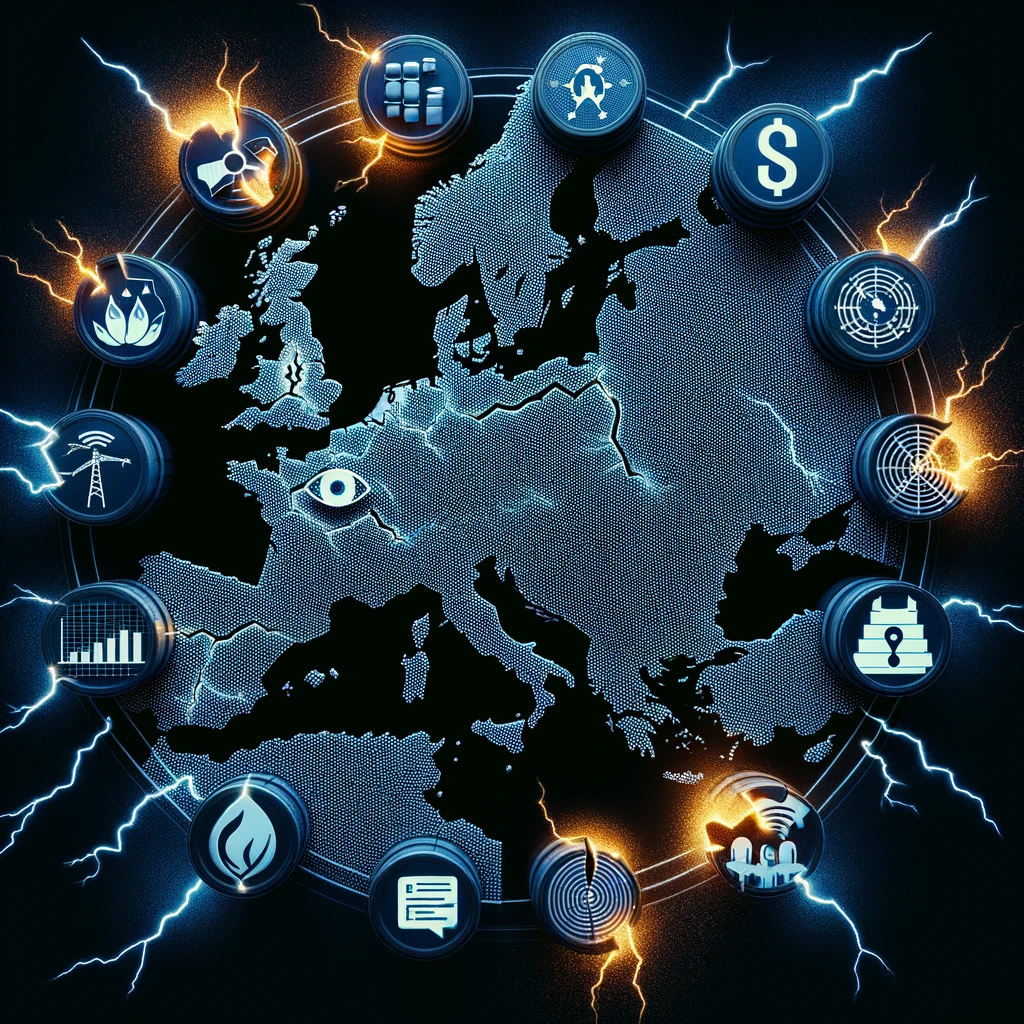Europe is at a crossroads, facing economic security threats from directions most wouldn’t even dare to guess. Gone are the days when the continent could bask in the luxury of peace and prosperity through open trade and borders. Now, the very markets that fueled its growth have turned into potential battlefields, with the European Union (EU) in a race against time to fortify its defenses. Not just from the anticipated adversaries but from quarters so close to home, it’s almost shocking.
The EU has been busy beefing up its economic security framework, from screening foreign investments to tightening export controls. This hustle is in response to a changing global landscape where economic tools are wielded as weapons of coercion and control. However, the focus has predominantly been on the rising might of China, a concern that, while valid, overshadows an even larger, more immediate threat: the possibility of Donald Trump returning to the U.S. presidency.
Europe’s preparation for economic warfare has been skewed. It’s an open secret that the EU views China as a significant threat, with policies aimed at curbing Beijing’s aggressive economic maneuvers. Yet, the real elephant in the room, a potential Trump-led U.S. administration, is barely whispered about in Brussels’ corridors of power. This oversight is startling, considering Trump’s previous tenure and his stance on Europe, which was anything but friendly. His administration’s penchant for sanctions and economic strong-arming left the EU reeling, exposing its vulnerabilities in the face of American economic might.
The prospect of Trump’s return is a looming economic crisis. The man has made it clear that he sees the EU as a competitor, if not an outright adversary, promising sweeping tariffs and sanctions that could cripple European economies. Such actions would not only strain transatlantic relations but could also push Europe into a tighter corner with China, the very threat it’s been gearing up against.
The truth is, Europe’s economic security strategy cannot afford to be one-dimensional. The challenges ahead require a comprehensive overhaul of the EU’s approach to economic defense, not just against potential threats from the East but also from across the Atlantic. The EU must diversify its strategy, bolstering its defenses against all forms of economic coercion, including those that might come from its traditional ally, the United States.
Investing in a robust economic security apparatus means developing the expertise and tools necessary to counteract sanctions and other forms of economic pressure independently. Europe’s reliance on the U.S. for intelligence and strategic support in targeting economic sanctions has to end. The EU needs to cultivate its capacity to strike back, leveraging its significant market power and regulatory frameworks to deter aggressors, be they from the East or the West.
Yet, for all its efforts, the EU’s economic defense remains more theoretical than practical. The bloc’s hesitation to employ its anti-coercion instruments undermines their effectiveness. To truly stand up to economic bullies, Europe must be willing to demonstrate its resolve, turning its defensive mechanisms into proactive tools of economic diplomacy.






